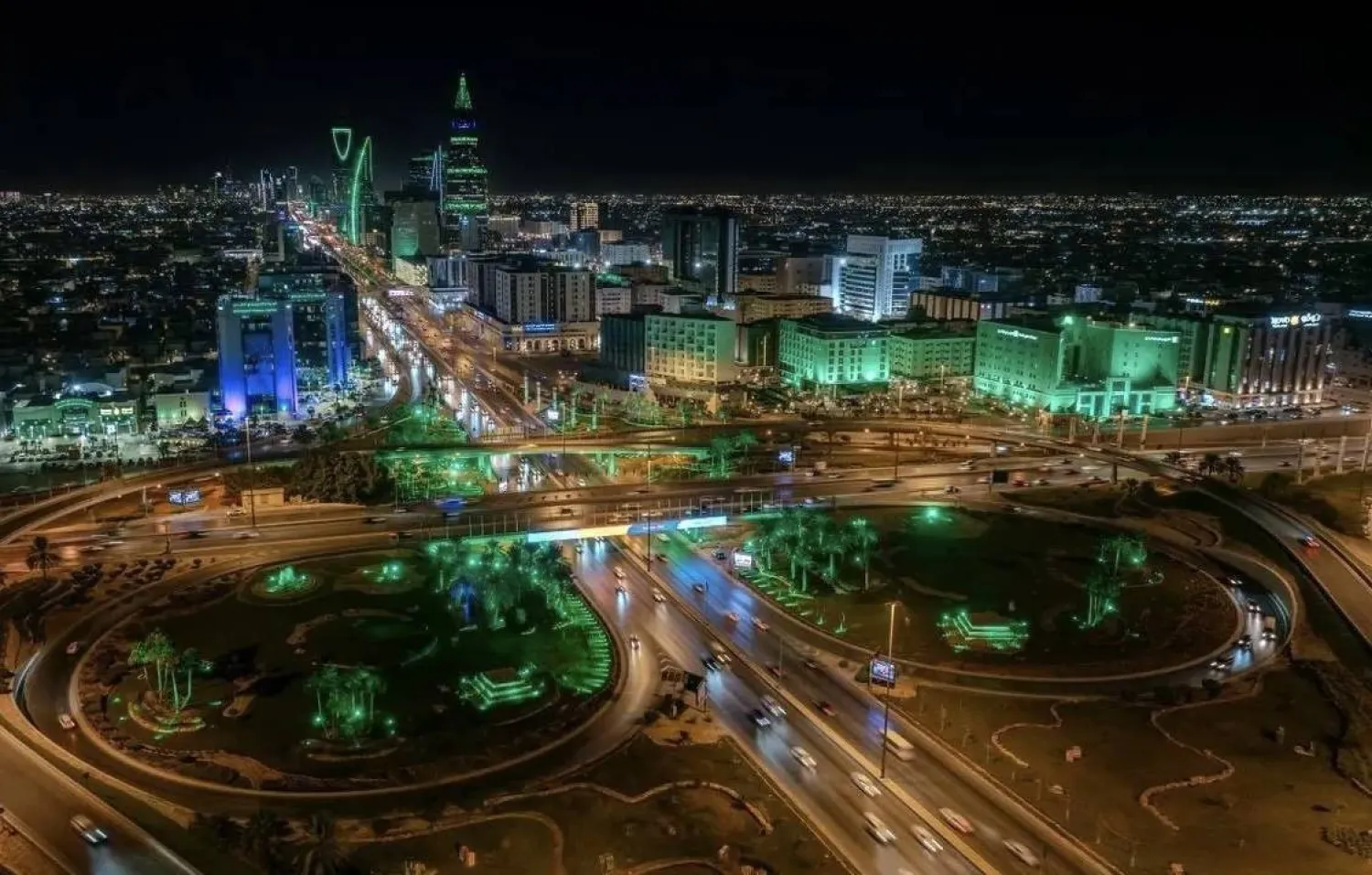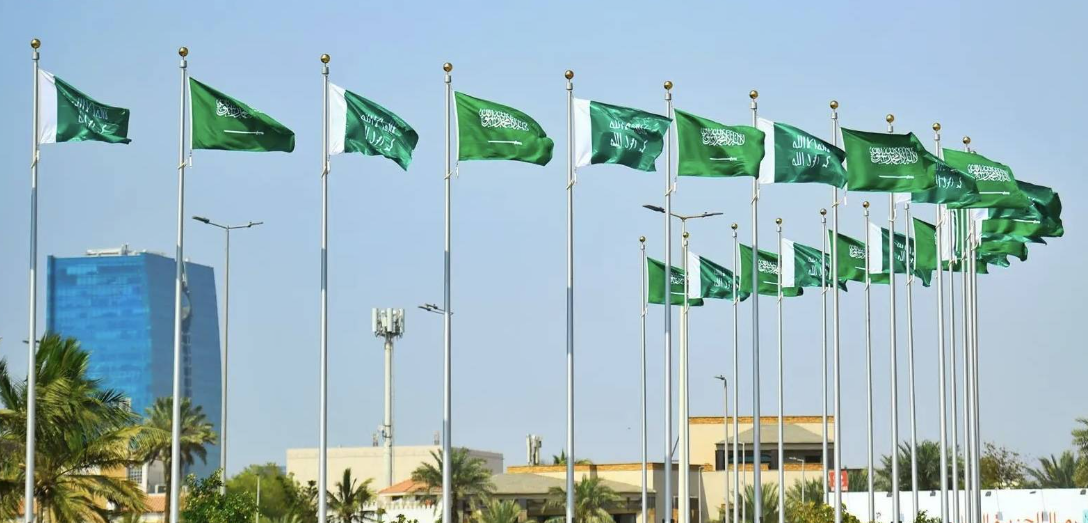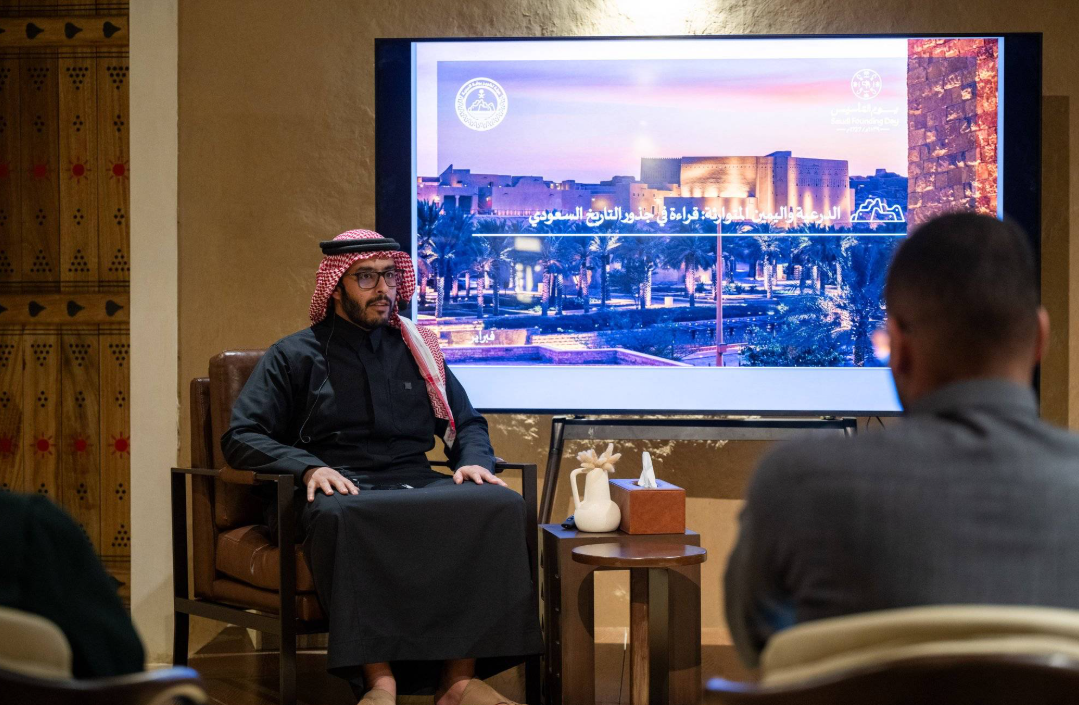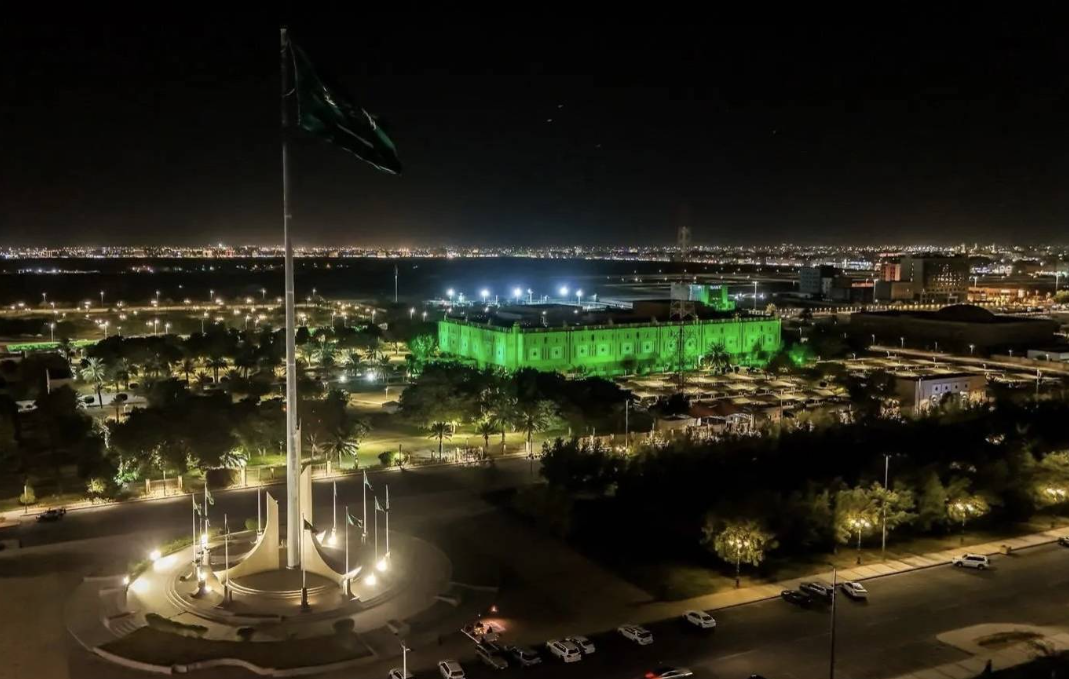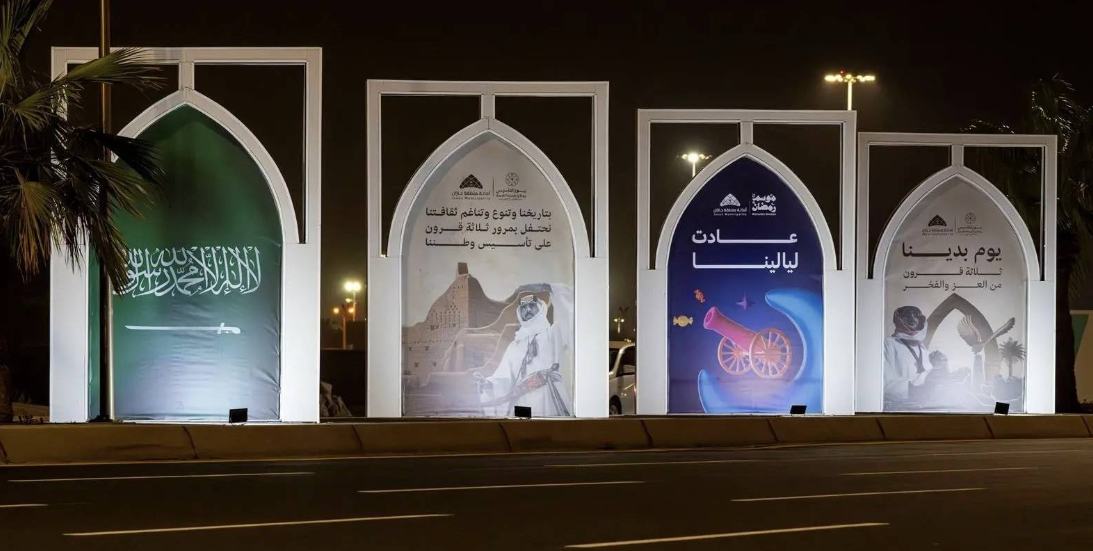Asharq Al-Awsat publishes three episodes of the memoirs of late Lebanese Prime Minister Saeb Salam, covering important stages of the Lebanese crisis, from the entry of Syrian forces into Lebanon in 1976 to the Israeli invasion of the South in 1982.
The memoirs reflect the late premier’s frankness in evaluating the role of Arab and Lebanese leaders and his attempts to bring the views closer, to ensure Islamic-Christian consensus, and to preserve Lebanon’s position as an independent country away from conflicts.
The memoirs are issued in three parts by Hachette Antoine publishing house, and will be available in Lebanon starting June 28 and on the Antoine Online website.
In this episode, Salam presents the circumstances of the election of President Elias Sarkis and the entry of the Syrian forces. He recounts his communication during that period with Syrian President Hafez al-Assad and with Lebanese and Palestinian officials.
He recounted that on May 10, 1976, immediately after the election of Elias Sarkis, a meeting was held at his office, in the presence of MPs Raymond Edde, Emile Rouhana Saqr, Jamil Kebbi, Mohammad Youssef Beydoun, Mikhail Al-Daher, Hussein Al-Husseini, Hassan Al-Rifai and Albert Mansour, who had all boycotted the elections.
“After deliberation, we issued a very calm and brief statement calling for patience; it was noticed that Raymond Edde took the loss in a very good spirit, and seemed less affected than others by what happened,” he said, as translated from the official Arabic version.
Salam continued: “But on the following Monday, we decided to step up a bit, so we gathered and issued a statement warning against the continuation of the conspiracy… This is because people have begun to get fed up with the lack of progress since Sarkis was elected, knowing that the general feeling that prevailed after his election - despite the bitterness and oppression - was hope for a breakthrough.”
He said that at that time, Palestinian leader Yasser Arafat (Abu Ammar) and his comrades in the resistance felt very upset, so they asked for a summit in Aramoun.
“It was decided to send Mr. Musa al-Sadr to Damascus in an attempt to convey to the Syrians our feelings of concern as a result of their military intervention, especially because of what happened in Tripoli,” he stated.
“At the end of the summit meeting, an argument erupted between me and Mufti Sheikh Hassan Khaled… I was very harsh on him, especially since I was in pain at his (and Karami’s) flattering stance towards Syria, and at the time of the argument I withdrew from the meeting. This caused an uproar in the newspapers and in public opinion,” Salam recounted.
The Syrian Army in Lebanon
In his memoirs Salam described the entry of the Syrian forces to Lebanon on the first of June 1976, from the north and the east of the country, under the pretext of protecting the Christians.
“Whatever the case, despite the fact that many Islamic and Palestinian parties were looking at the increasing Syrian intervention in recent months with apprehension, considering it a prelude to a massive military presence, the desperate situation led people to wish that any armies would come to stop the mass massacre and achieve salvation. The question today, after what happened, is whether salvation will be at the hands of the Syrian army, or will things escalate in Lebanon, and then in Syria, as some talk about the existence of an American-international conspiracy that aims to tear Lebanon apart, and then implicate the Syrians to tear Syria apart as well?”
Salam noted that when the entry of the Syrian army became a reality, Kamal Jumblatt and the resistance held many meetings, and issued many violent and escalatory statements with threats of confrontation.
“The difficult days were those that followed the entry of the Syrian forces, as the military and political events succeeded… and the ‘Palestinian resistance’ seemed forced to fight many battles, whether on the front with the Syrians, or with the Phalanges and their allies,” he said.
The assassination of Kamal Jumblatt and its repercussions
Salam recounted that on March 16, 1977, Kamal Jumblatt was assassinated on Mukhtara Road in the Chouf region. He said that the event constituted a great shock throughout the country.
“An immediate angry reaction from the Chouf Druze people claimed the lives of more than one hundred Christians, especially in the village of Mazraat al-Chouf, near Mukhtara,” he said.
He added: “It was clear that the country was on the verge of a great strife, perhaps greater than any other strife it knew, due to Jumblatt’s position in Lebanon, and because of the complexity of Lebanese circumstances…”
The late premier said that in view of the escalating tension, he rushed to cooperate with the Phalange Party (Kataeb), in an attempt to quell the fire of sedition.
“We have succeeded in that to the greatest extent. Especially since Walid Jumblatt, son of the late leader, immediately appeared sane and wise, and decided to bury his father the next day, after the National Movement parties had decided to postpone the burial until Sunday, inflaming the reactions,” he remarked.
The visit of Assad and Sadat
Salam recounted details of his meetings with Assad in 1977: “Before the assassination of Kamal Jumblatt, I was determined to go to Egypt to meet President Anwar Sadat, after the delayed response I was waiting for from Syria regarding a meeting I requested with President Hafez al-Assad… Suddenly, as I was preparing to travel to Egypt, I received a telegram from Mr. Abdel Halim Khaddam stating that President Assad will receive us in the Syrian capital on Saturday, March 19.
“As usual, I was frank with President al-Assad, so I explained to him all my complaints about their actions in Lebanon, militarily and politically. He did not hesitate to tell me that he takes this into consideration... However, I had the feeling that he is now acting on the basis of the new reality, that is, his feeling that he has drowned the Syrian army is in the Lebanese swamp, and that this makes him anxious, and thus hardens his stance further.”
As for his meeting with Egyptian President Anwar Sadat, Salam recounted:
“During the meeting, I felt that Sadat was very optimistic about his upcoming encounter with US President Jimmy Carter. I told him that I, in turn, was optimistic…
Salam said that Sadat told him that they were about to clash militarily with Israel because of its aggression in the Gulf of Suez, and that the battleships and planes were about to collide, but Carter intervened, confirming that the area was and will remain Egyptian.
“Sadat said that he insisted on playing all his cards with the Americans; because he believes that the key to resolving the conflict with Israel is entirely in the hands of America. As for the Soviets, they are only obliged to go along with Washington,” he noted in his memoirs.
“With regard to Lebanon, Anwar Sadat told me, as Lebanese President Elias Sarkis had previously confirmed during my meeting with him a few days ago, that it was the Syrians who assassinated Kamal Jumblatt,” Salam revealed.
He added: “When the meeting ended, and while President Sadat was bidding farewell to me, he warned me again that I might be assassinated, and told me that I should be aware of the Syrians.”
Salam said that the following weeks continued with political maneuvers and instability in the Islamic ranks.
“The ‘Palestinian resistance’ continued to sink into the swamp of the Lebanese situation, in parallel with growing resentment of the citizens... Meanwhile, the Syrian army was strengthening its presence in Lebanon. It was clear that Syria had become the center of gravity in the Lebanese reality. As for Israel, it was interfering from time to time.
“On the Arab level, the situation went in ups and downs... I was getting stricter towards “Abu Ammar” and his group, because I was keen on them as much as I was keen on and Lebanon as a whole, but they did not want to heed my advice.”






